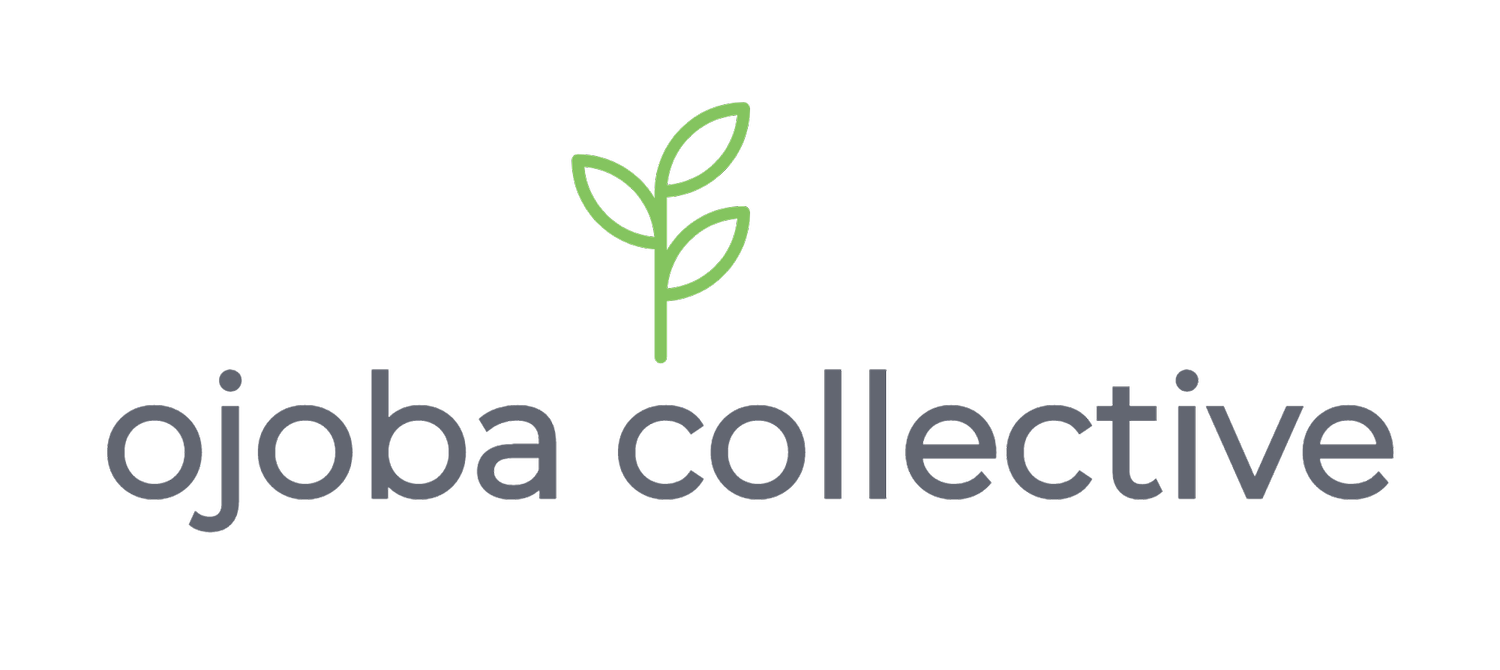
Shea Butter Cooperative
We are proud of our successful partnership with the Ojoba Women’s Shea Cooperative for the last 20 years. We started from the ground up, first creating an inclusive cooperative model, and then connecting international clients. The impact on this remote farming community has been transformational.
Today, the cooperative employs over 400 women, and they continue to handcraft the finest quality shea butter for international export. We continue to manage their international sales and logistics. Together, we have become one of the largest exporters of shea butter in Ghana, and we continue to do this completely in line with fair trade practices and investing in ecological and social regeneration.
Building an Inclusive Project Structure
Through building trust, we co-built a cooperative with a group of 40 women shea producers in a small village in northern Ghana, West Africa in 2003. We listened to each other and offered ideas and solutions which the group could adopt or not. Everything was voted on by the group making the process of building an inclusive project democratic from day one. Fast forward 20 years, and the success of this partnership is evident: widescale poverty alleviation, a longstanding successful cooperative of 400 women members, and our buyer's warehouses are full of high quality shea butter. 
Transforming a Community from the Ground Up: How an inclusive, cooperative structure created the foundation for change
Social Impacts
-
The cooperative members have gone from being marginalized individuals to being part of a powerful organization with strong social solidarity. They are now leaders in their communities, and take an active role in regional decision making.
-
They are part of a thriving community year-round. Previously, many had to migrate in search of work during the dry season, leaving their families and cultures adrift. Now their family and cultural bonds are stronger than ever.
-
All members and their family have access to health care, and the children are in school. They even build a senior secondary school in the village since so many children are extending their studies beyond primary school.
Economic Impacts
-
Ensuring food security, health care and school fees was the starting point. All of the cooperative members also received training in accounting and money management and access to micro-finance loans.
-
From the beginning, members have been encouraged and supported to diversify their incomes, and many have successful side businesses, such as selling soap, batiks, and farm produce.
-
The economic benefits have spread to the wider community, which now has a thriving market year-round.
Environmental Impacts
-
Shea butter production has been made more sustainable by converting shea residues into biofuel and compost, and using rocket stoves to reduce fuel consumption and protect trees.
-
All members have received Climate Smart Farming and Agroecology training, are avid composters, and cook with clay rocket stoves.
-
The cooperative has been active in growing and protecting native shea trees and other native trees.
The cooperative is trained in bush fire prevention and manages the only All-Female Volunteer Fire Fighting Team in Ghana.
Adhering to Fair Trade Principles
Since the onset of our partnership in 2003, we have been "Fair Trade." First with the Fair Trade Federation in the U.S. and now with the global World Fair Trade Organization. Supplying the Natural Cosmetics Industry
The Ojoba Women's Shea Cooperative has become one of the top exporters of unrefined shea butter in Ghana. This success comes from careful strategic and inclusive project management and only working with ethical partners such as LUSH Fresh Handmade Cosmetics.







